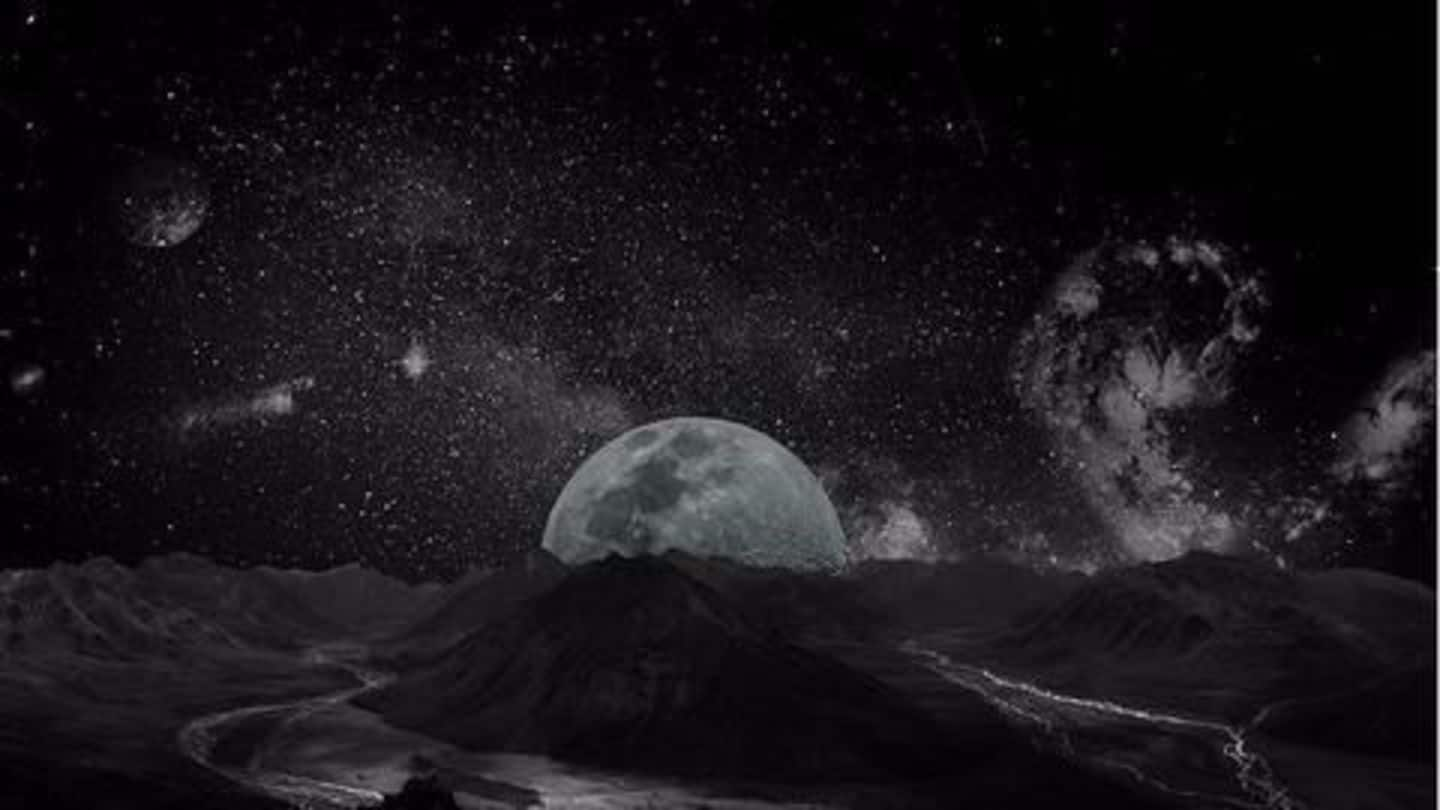
Extraterrestrial life could possibly exist in our solar system
What's the story
In a press conference last night, NASA shared its latest findings in the search for extraterrestrial life in our solar system. The findings, presented in two separate studies conducted on data collected by the Cassini spacecraft and the Hubble telescope, indicate that Saturn's moon Enceladus and Jupiter's moon Europa could not only be potentially habitable, but could also have the potential to support life.
Quote
The significance of the findings
"This is the closest we've come, so far, to identifying a place with some of the ingredients needed for a habitable environment," said Thomas Zurbuchen, the associate administrator for NASA's Science Mission Directorate.
Enceladus: Findings
Cassini's survey of Enceladus
The Cassini spacecraft, which is currently orbiting Saturn, detected an abundance of hydrogen molecules in water plumes erupting from Enceladus, a moon with an ocean of liquid water beneath its icy surface. Scientists inferred that this hydrogen was coming from hydrothermal reactions similar to those which happen on Earth in hot fissures at ocean bottoms. Interestingly, these fissures thrive with microbial life on Earth.
Enceladus: Life?
Enceladus has a "chemical potential" to support life
Even more interestingly, scientists found an imbalance in carbon dioxide, hydrogen, and methane levels measured in Enceladus' plume, which could provide an energy source for microbes to tap into for food. "It indicates there is chemical potential to support microbial systems," said J. Hunter Waite, a senior researcher at the Southwest Research Institute in San Antonio and the lead author of the Enceladus study.
Quote
The first time an alien ocean has been studied
"This is the first time we've been able to make a calorie count of an alien ocean," said Christopher R. Glein, a geochemist at the Southwest Research Institute and another author of the Enceladus study.
Europa
The case for Europa
Meanwhile, the Hubble space telescope detected a water plume erupting from the warmest spot of Jupiter's moon Europa which, under an icy crust, has twice as much salty, liquid water as Earth's oceans. This is the second plume that has been observed in the exact same spot. The water plumes make Europa, which has not been observed in detail, a strong contender for exploration.
Quote
Earth and Europa were very similar in the past
"Early Earth and early Europa...were probably very similar, at least at the ocean interface. They are almost the same place at that point in time. That's why I get excited about Europa," said Britney Schmidt, author of the Europa study.
Way forward
The next steps to be taken
While the surprise findings on Enceladus makes a strong case, preparations are already underway to explore Europa in the 2020s. Dubbed the Europa Clipper mission, it will be the first to explore an alien ocean. The Europa Clipper will be equipped with several instruments, notably an ice-penetrating radar instrument and a mass spectrometer to study Europa's ocean of liquid water for signs of life.
Quote
Studying Europa's oceans
"Cassini and Enceladus really allowed us to see the kind of things we could do with mass spectrometers...we could...study quite a bit about these ocean worlds just from flying through the material that comes out of the interior," added Hunter Waite.